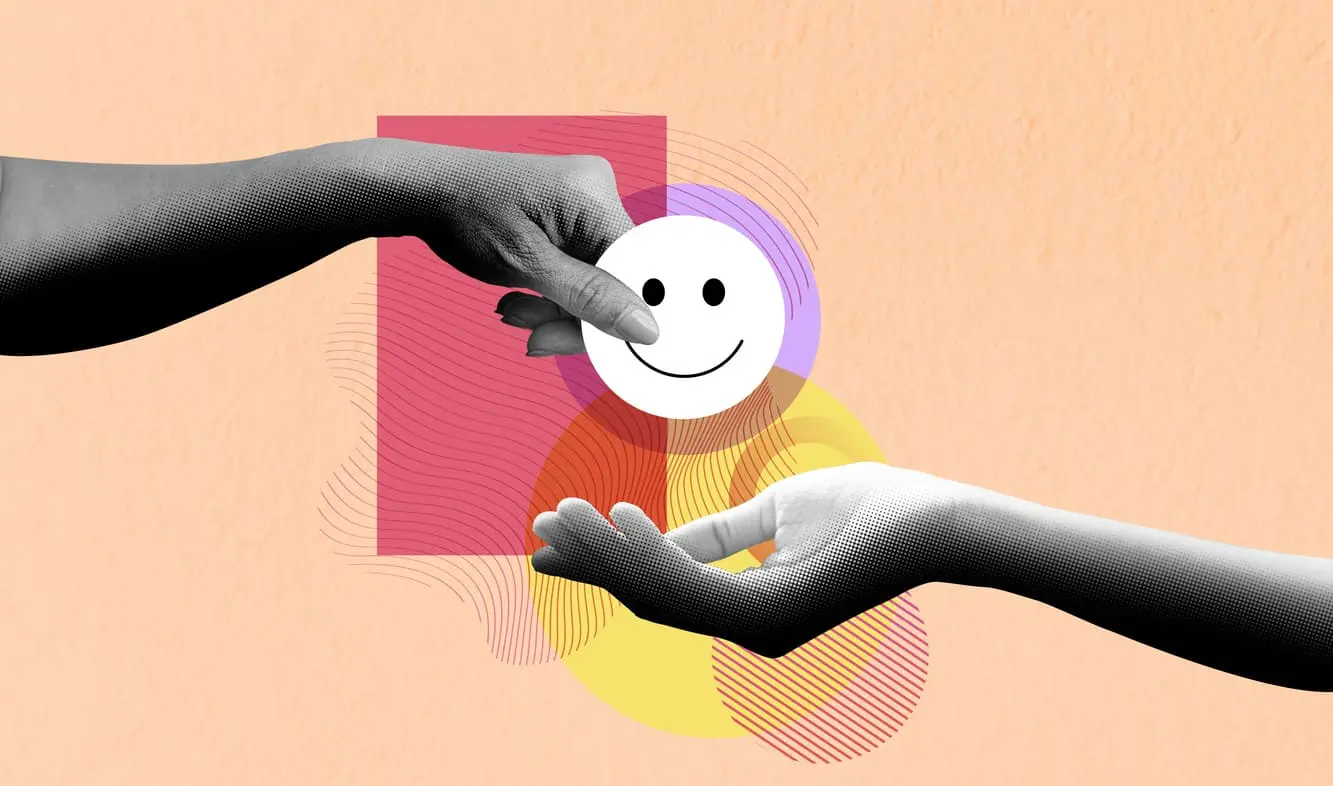How has regulation of influencer marketing in Germany evolved as the market has professionalized?
With the rise of influencer marketing, there have been a lot of questions in terms of the regulatory environment. In 2019, Pamela Reif (9.24M followers on Instagram) was convicted of not tagging sponsored posts correctly, and said to be deceiving consumers. That caused a lot of uncertainties among creators and brands. It ended up with creators basically tagging everything that had anything to do with a brand mention. Even if it was unpaid, they had purchased the product themselves, or were just showing off a new jacket they bought, everything was tagged #Ad.
In 2022, the situation was clarified by a new ruling that said you only need to tag it as an advertisement if you receive a payment or another sort of compensation, like events or gifts.
Was there an adverse impact on campaigns from content being tagged as ads at the time?
Back in 2019, we were very concerned about whether we might see a drop in sales but we didn't see that impact right away. It was better to be as transparent as we could. The impact [with audiences] came a bit later, not only because of advertisement tagging, but also due to the aggressiveness of the advertisement itself. There was a lot of friction in the market. We were pushing very aggressively on promotions, and everyone in the market basically did the same. This was feeding into the perceived downfall of influencer marketing; not a downfall, more like a transformation to an influencer marketing that was less promotional, more value added content. Maybe it was due to a combination of the two, but it wasn’t only due to tagging posts as ads.
How well adapted is German advertising law to influencer marketing?
There's still a lot of uncertainties. The recent hot topic was music license regulations, where creators received a wave of warnings. Carmen Kroll (@carmushka, 1.15M followers on Instagram) made a video about receiving a warning letter with a potential fine of €100K about the music she was using from the platforms’ programs. There was a misunderstanding because creators were using the Instagram or TikTok music libraries, but didn’t know they were not allowed to use the libraries’ music for promotional purposes unless they acquired a license. From a brand perspective, no one had properly looked into the issue, so it’s caused a lot of uncertainties and is still not resolved.
The most unfortunate people in all of this are micro creators because they don't have management to handle it. There are very good creative managements in Germany and they know how to protect their creators. But the smaller ones are the ones that are probably facing high fines.
What’s the situation with regards to influencers promoting restricted product categories like cosmetic surgery?
I'm in favor of that. I'm actually worried about how influential these topics are for younger people. There's a lot of body shaming going on. There's a lot of mental health issues that need to be addressed. We all know that social media has a huge impact on mental health and especially on young people. It’s very critical for them to be protected. I have seen cases where creators were promoting raffles to win cosmetic treatments in Turkey. This needs to stop. This is a huge red flag for me, and something we really need to regulate.
Are many people in the industry talking about the need to regulate in this area?
I don't think there are a lot of opinion leaders talking about that. Within my own company, we are definitely not supporting these kinds of promotional campaigns. But this is something where the entire industry should probably talk about and discuss. Everyone is aligned on tobacco and alcohol, but I think aesthetic surgery has a similar negative impact.
What about the issue of creators using their children in sponsored content?
When it comes to promotional content, I've never experienced the creator actually incorporating their children. But there’s a question of where do we draw the line? They showcase their children in their everyday lives, and when it’s an ad, they say they will not incorporate them, which is totally fine. I would never ask them to. But if we take the classic marketing view, the private lives of children are protected and if you want to incorporate them in an advertisement, they have rights and get paid. On social media, they are not incorporated in the collaboration but they show everything else, and we protect their privacy.
Does this attitude to children in promotional content indicate a generally good level of awareness about advertising regulations?
I think they're just trying to be very cautious because everything around children and motherhood, these topics are super sensitive in Germany. It has a lot of shitstorm potential. Whatever they show, they will be criticized anyway. There's never a right way to do it, because Germans are super critical when it comes to advertising.
What’s your reaction to the Kolsquare study that shows 75% of sponsored posts in Germany are correctly labeled?
I'm surprised that it's only 75% because the confusion that we faced in between 2019 and 2022 meant we labeled absolutely everything. Basically everything is tagged as an ad, it just comes from a very high level of caution. People don't want to receive warnings and lawsuits. Big creators represented by management are safe, they know what to do. I would suggest that those 25% that are probably micros who don't have the knowledge or protection.
Looking ahead, how does regulation of influencer marketing in Germany need to evolve?
We're not starting from ground zero, which is good from a brand, business and industry perspective. I think we're overly cautious that we are not over regulating ourselves. This is what Germans tend to do. Regulation of influencer marketing is something where people are inclined to say: “let's leave it like this, or let's have fewer laws”.
I'm a huge fan of the European AI Act. It will become very important in the next couple of years because AI-generated content is something that we're already facing every day. Take the bold glamor filter that went viral on TikTok, it just optimizes your entire face to the point you can't even tell that it's not real. If one of your favorite creator influencers is using this kind of filter and as a young woman you think, ‘hey, this is the beauty standard’, what impact will this have in terms of mental health issues, self-esteem, body shaming issues? This is something that we really need to protect the younger generations on TikTok from.
About Kolsquare
Kolsquare is Europe’s leading Influencer Marketing platform, offering a data-driven solution that empowers brands to scale their KOL (Key Opinion Leader) marketing strategies through authentic partnerships with top creators.
Kolsquare’s advanced technology helps marketing professionals seamlessly identify the best content creators by filtering their content and audience, while also enabling them to build, manage, and optimize campaigns from start to finish. This includes measuring results and benchmarking performance against competitors.
With a thriving global community of influencer marketing experts, Kolsquare serves hundreds of customers—including Coca-Cola, Netflix, Sony Music, Publicis, Sézane, Sephora, Lush, and Hermès—by leveraging the latest Big Data, AI, and Machine Learning technologies. Our platform taps into an extensive network of KOLs with more than 5,000 followers across 180 countries on Instagram, TikTok, X (Twitter), Facebook, YouTube, and Snapchat.
As a Certified B Corporation, Kolsquare leads the way in promoting Responsible Influence, championing transparency, ethical practices, and meaningful collaborations that inspire positive change.
Since October 2024, Kolsquare has become part of the Team.Blue group, one of the largest private tech companies in Europe, and a leading digital enabler for businesses and entrepreneurs across Europe. Team.Blue brings together over 60 successful brands in web hosting, domains, e-commerce, online compliance, lead generation, application solutions, and social media.














.webp)




.webp)
